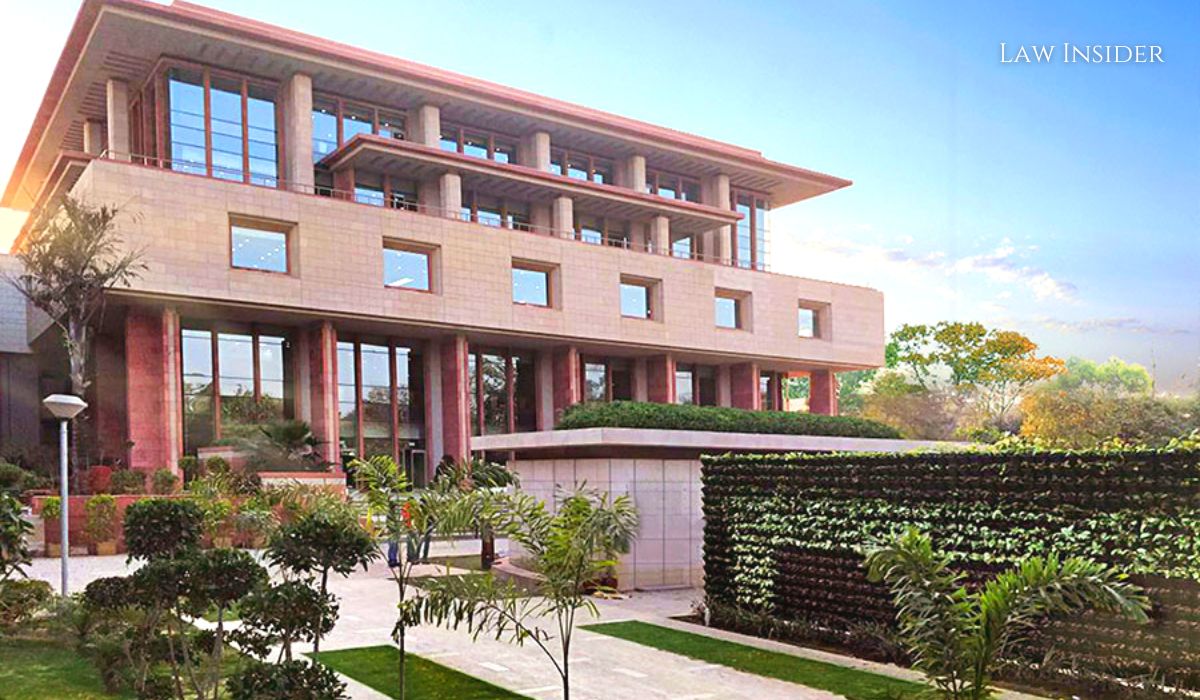Sakina Tashrifwala
Published on: September 25, 2022 at 18:02 IST
The Delhi High Court has declared that the mere presence of a judgment of restoration of conjugal rights against the wife does not preclude her from seeking maintenance from her husband – where she is unable to be with him owing to his own actions.
Justice Swarana Kanta Sharma stated that every case seeking compensation in a marriage dispute must be treated with according to its facts and circumstances, and that every decision, even though filed under the same provision, cannot be painted and written with the same stroke of a brush.
“Before parting with this case, this Court wants to observe that the Judges dealing with such cases should keep in mind the objective behind Section 125 Cr.P.C … and the need to give a dignified existence to people … who need to be maintained lawfully by the persons bound by law … to maintain them expeditiously and with sensitivity,” the Court added.
According to Section 125 of the Code of Criminal Procedure, any individual who has adequate resources to support himself cannot deny maintenance to his wife, children, or parents if they are unable to support themselves.
The Court decided that the mere presence or noncompliance of a decision of restitution of conjugal rights does not disentitle the wife to a maintenance order under Section 125 of the Code.
The decision was made while the Court was hearing a petition from a woman contesting a family court ruling denying her support on the grounds that the husband had won a decree for restitution of conjugal rights in his favour.
The Family Court issued the contested judgement based on a 2013 ex-parte decree issued under Section 9 of the Hindu Marriage Act.
It was noticed that because the order was not contested in a higher court by the wife, it had become final, and because she had effectively left the husband, she was not entitled to any maintenance from him.
The Family Court, on the other hand, ruled that the two children were entitled to support from their father.
In an appeal, the High Court chastised the spouse for playing “hide and seek” before the Trial Court, knowing that ex-parte evidence was being led in the case yet failing to enter the presence on several occasions.
It was also observed that while the family court provided the husband with multiple opportunity to cross-examine the wife, he did not do so, and the evidence led by the woman remained uncontroverted.
The Court also expressed concern with the family court for not recognising the wife’s “uncontroverted evidence” about harassment and bodily harm she endured as a result of her separation from the spouse.
“Unfortunately, the legal battle which started in 2009 for grant of maintenance was decided against her after nine long years in the year 2018. Irrespective of the fact that it was decided against her, the fact that it took nine long years to decide a petition under Section 125 Cr.P.C speaks a lot about the efforts one has to put in and the need for sensitisation to dispose of such cases at the earliest,” the Court said.
It added, “The husband in this case on the one hand, wants the children and the wife back as stated in the petition under Section 9 HMA and on the other hand, states that he himself is completely dependent on his parents.”
“It is strange that though he has a decree of restitution of conjugal rights and the wife is willing to live with him he did not take her back and rather started questioning the paternity of the children. These aspects should not have escaped the attention of the Trial Court.”
The Court said that a husband has a solemn duty to support his wife and children. It also said that a husband’s ex-prate decree for restitution of conjugal rights where no execution proceedings have been filed will not stop his wife from asking for support.
Futhermore, Court stated that, “While appreciating cases under Section 125 Cr.P.C., the Trial Court has to be sensitive and cautious that each case has to be decided on its own peculiar facts and circumstances as edifice of every such case is different,”
Consequently, although reversing the challenged ruling, the Court ordered the family court to provide a new decision within two months based on the information presented.
As a result, the plea was dismissed.

